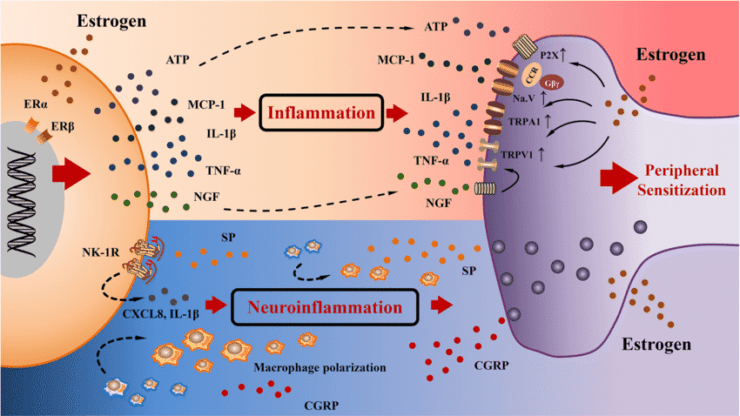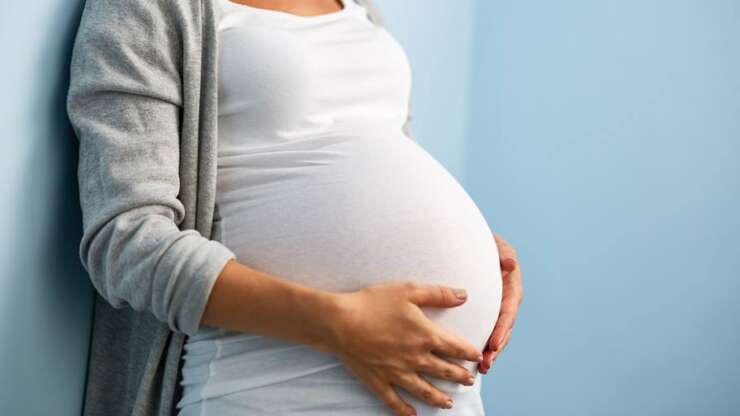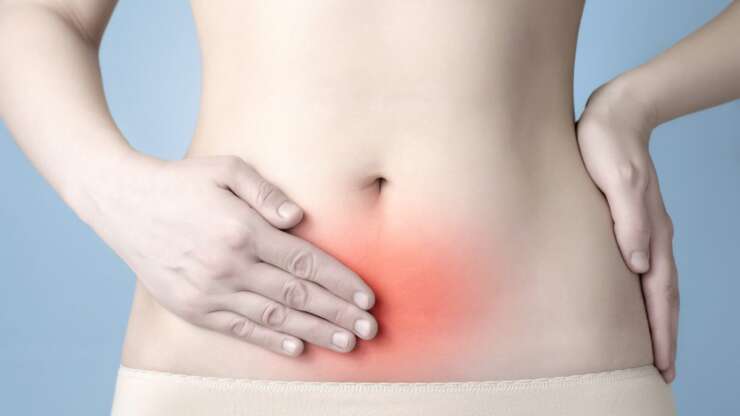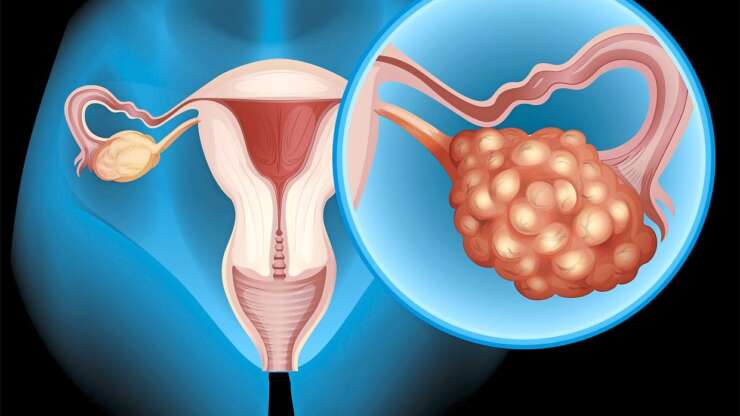Endometriosis is associated with a number of symptoms, such as infertility, painful sexual intercourse and chronic pelvic pain. Their impact on the mental health and social life of women with endometriosis is often significant (1,2). This is understandable if one considers the negative effect of chronic pain in the social and professional life of patients in general. Pope…






